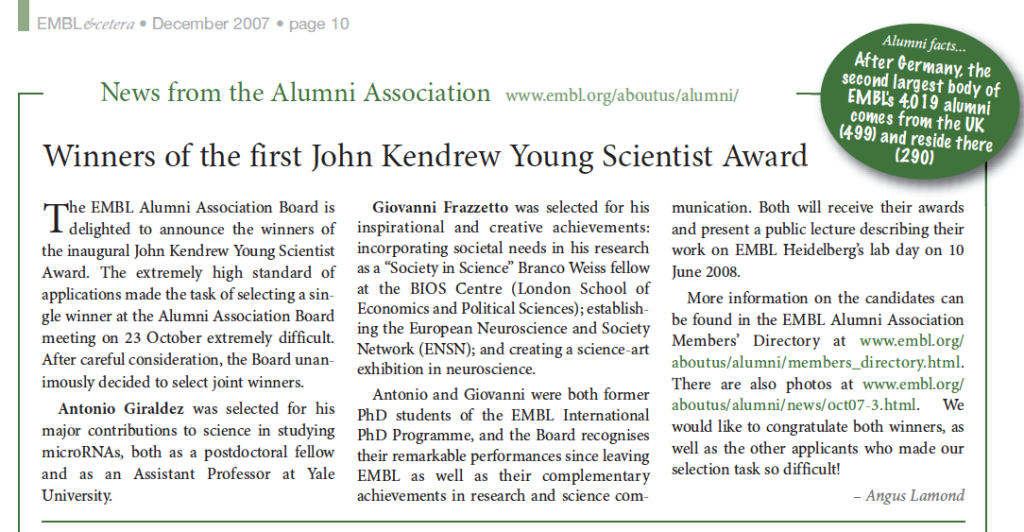
Celebrating 100 issues of EMBLetc.
The very first John Kendrew awards were presented in 2007, as seen here in Issue 42 of EMBLetc.
Issue 100
We caught up with Veli Vural Uslu, winner of the 2023 John Kendrew award, to chat about his journey in science and his adventures in science communication.
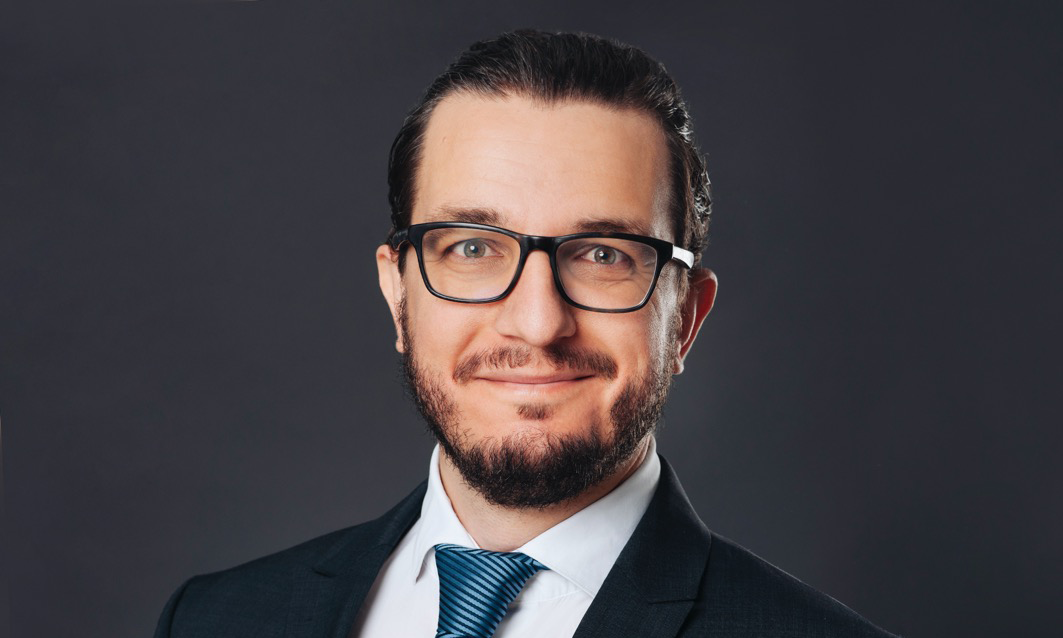
By Tom Furnival-Adams, Alumni Relations Officer
Veli Vural Uslu completed his PhD in the Spitz Group at EMBL Heidelberg from 2009 to 2015, including a short stint as a bridging postdoc. Today, he is the writer, director, and organiser of various science-themed theatre plays, and the founder of TAP (The Awesome Potatoes) Science Theater Heidelberg, where he has trained and worked with 70 scientists from 34 countries since 2015. Here, he discusses some of his early inspirations and why he believes science communication is an important skill for every scientist.
I come from a very, very small town in Turkey. I was initially interested in mathematics, because we didn’t have easy access to laboratories. I went to a very rudimentary school, and mathematics gave me something accessible to play around with. I used to participate in Mathematics Olympiads, but I didn’t have a way to explain some of these abstract concepts to people. So, I turned to the natural sciences, because with them, there was always something that I could catch people’s attention with. That’s how I started learning biology and chemistry. Then I went to university for molecular biology and genetics, and I realised that this was the field for me.
My parents were both teachers, of history and mathematics respectively. They had a subscription to the only popular science magazine in 1990s in Turkey which included puzzles and interviews with people. Looking back, this was my way of finding out what was actually taking place in the world of science at the time. It was just the right moment for me to discover this magazine, at a point where I wanted to play, but also to discover more.
I first came to EMBL to visit a friend. We hiked from the guest house in Boxberg through the forest to this giant science complex, and I found it a very emotional experience. On that trip, I learned about the freedom and opportunities at EMBL. Later, when I joined the EMBL PhD programme, Francois Spitz, my advisor, introduced me to the puzzle of chromatin organisation. The eye, the skin, the heart – they all have the same DNA, but different gene expression patterns. My advisor explained it to me as a puzzle, and that really got me interested in developmental biology. I found it really amazing that EMBL provided this space for people to reflect on how they feel about their subjects, and to bring their emotions and their personality to this very solid scientific structure.
I took a presentation skills course during my time there, and this was really the turning point where I realised that you don’t have to be a talented public speaker, or have a certain type of personality, to go in front of people. There are methods to do it, and you can learn and train those skills. So I started doing lots of small-scale communication work and taking courses. Another turning point was one of the John Kendrew Award talks, delivered by the 2013 winner Katharina Ribbeck, who is now a group leader at MIT. She spoke about how you really need your own niche in science to progress. This was the first moment when I asked myself: what is going to be my mission? I think this is also why I value receiving this award myself, ten years later, so much.
It first started at university, when I began assisting a friend who was a director. I wasn’t very much interested in theatre, but I really liked the atmosphere there, as the people were very relaxed and expressed themselves easily and creatively. So, I immersed myself in it to get a taste of the atmosphere rather than actually having an artistic interest in theatre.
That’s also what brought me to the EMBL Theatre Club; I thought the environment would be really nice. We produced three plays in three years, and it was interesting to see how people reacted to this work. For example, the dramatic plays always get more appreciation back in Turkey, but at EMBL, I think people preferred comedy. So, I found theatre fascinating and a very good place to be creative and reflect on that creativity. When you’re in the director’s seat and the play starts, the only thing you concentrate on is the performance of the cast and the reaction of the audience. It is, therefore, a very good observation point. I would see how people reacted to certain things, and we would then play around with that in future performances. So it’s really a place where you can give yourself feedback and create something new.
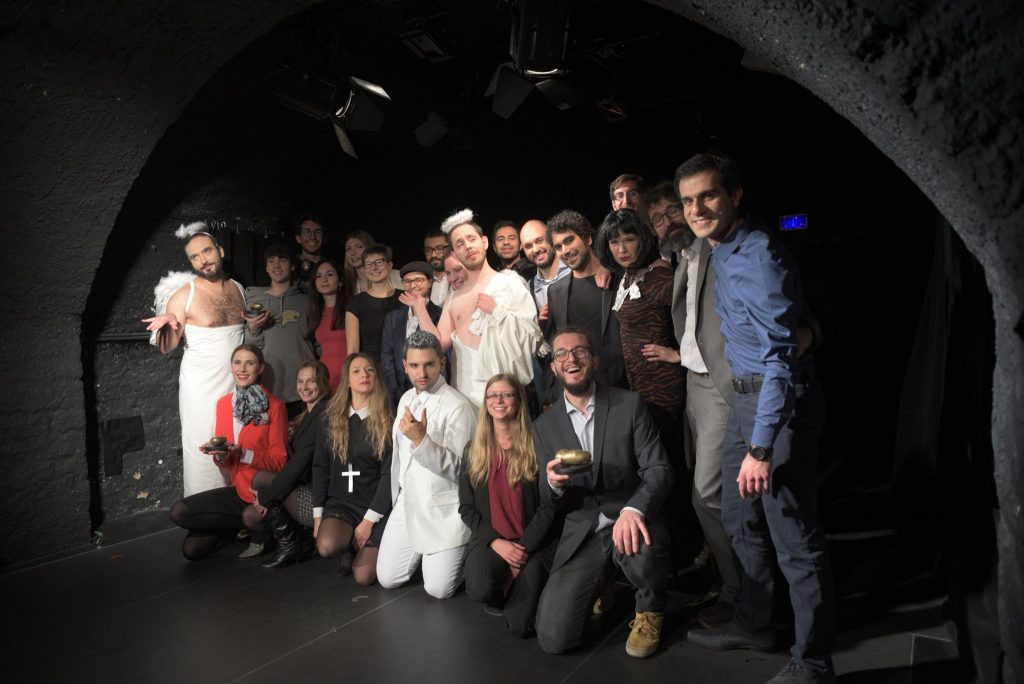
When my time at EMBL was over, I remember feeling rather lonely and lost. I started putting up these posters around Neuenheimer Feld, hoping that some people were interested in joining a theatre group. Seven people, plus one person that I knew from EMBL, turned up to the first session. I led a few exercises and it turned out that we resonated immediately. Our meetings were sometimes to discuss theatre and sometimes simply an outlet for expressing emotions, which is a really integral component of theatre. We put on our first play in an amphitheatre-style classroom at Heidelberg University with 177 seats and no stage. We took these classroom tables and put them up to make a wall, in order to create a ‘backstage’. Then we covered the blackboards with decorations. That was how we presented our first theatre play and it was a big success. We were really surprised!
Once we started using a professional stage, we had to cover costs. We started selling tickets in the university canteen for two or five euros each. It was crazy; I had no idea that people would be so interested. Our shows were sold out every single time in venues, which could host up to three hundred people in the audience. The first people that came to our shows were the university crowd, and we found that the stories we were telling were really resonating with them. But then word spread around, and we started getting people from the non-scientific world, which was very interesting. They were really interested in the scientific context, which is generally not so exciting for scientists as it’s their day-to-day life. Those people also often stayed after the shows for a drink, and this was deliberately a very comfortable environment where we could meet each other and get feedback. Audience members could ask us about specific topics, and we encouraged random encounters between scientists and non-scientists.
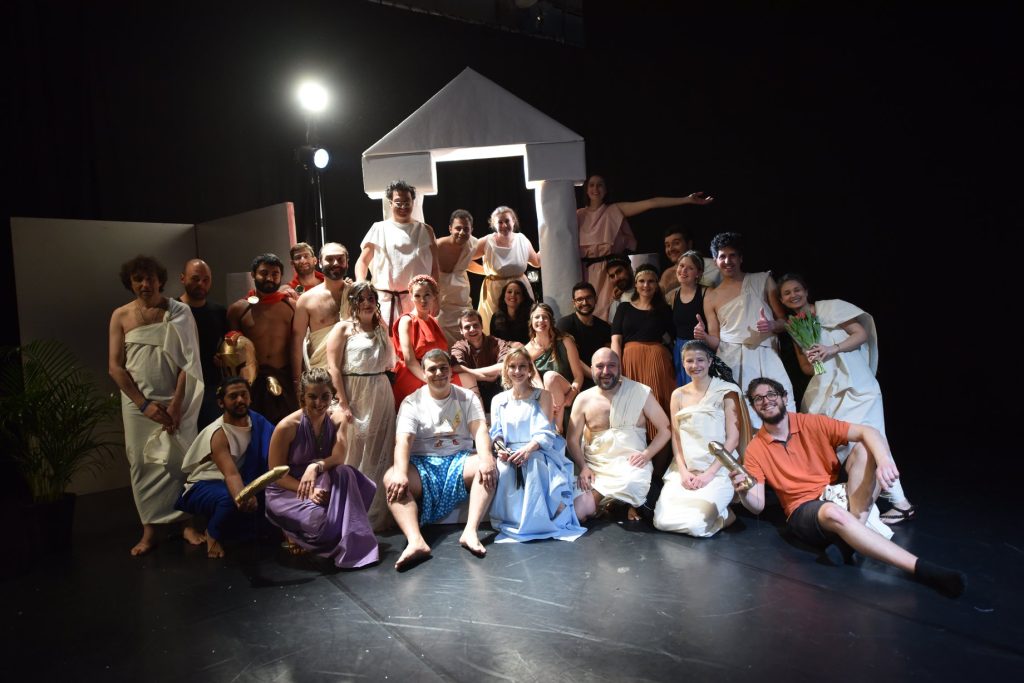
I do feel they understand the importance, but the issue is that scientists are not necessarily born to express themselves. They don’t all want to be put in front of the public and asked to answer questions. This is a common challenge, and one of our group efforts was to organise science communication events where we did not choose the best or most interesting talk, but rather the most interesting questions. We would get the presenter to give a talk and then take questions from the audience, and then we would present awards to the audience for their questions. The purpose was to engage the public and encourage them to enter a scientific discussion.
The events had the atmosphere of a Science Slam or a ‘pint of science’ evening, always taking place in an interactive venue like a pub or small theatre that allowed the audience to be close to the stage. We realised that the presenters from the theatre did not need further training to explain themselves, because they were already confident being on stage. But when we wanted to convince their very close friends who had worked with them for a long time, it was much more difficult.
This was how I started getting into teaching science communication to people outside the theatre, in order to make them feel more comfortable on stage. I began reading and practising this myself, and that’s how I ended up in Fame Lab, which is almost like a stand-up show. I won the visual competition in Germany, and went to England to represent Germany in the international final, where I finished second, and I thought: ok, I can do this!
From there, I began travelling around Europe to teach scientists to build confidence and reduce fear and anxiety regarding public appearances, often using elements of theatre. In my experience, those who learn these elements have a strong urge to explain their research methods and why their time in the lab matters to the wider community. So that’s why I believe that these theatre-based science communication tools are so important, and that’s why I’m spending time all over Europe sharing these experiences while leading my own research group. This has also now become a part of the curriculum at Heidelberg University. Currently, we are carrying out didactic classroom studies to assess how theatre-based teaching methods improve science education at university level.
Yes. For example, in my experience, when scientists know they will be presenting at a conference, they are anxious and they want to learn more presenting skills. And when they feel comfortable with these skills, and they arrive to present, it’s not a duty but an urge to express themselves, because they can do it in many different ways that fit their personality, and there is no real formula to this. It’s just how they can use the skills to find their own niche of science communication in order to share knowledge with other people.
When the COVID-19 pandemic hit, theatre and most other performance arts came to a stop, I had the chance to do some videos, and I was contacted by local, national and international news agencies, like Euronews for some consulting around their communication of the pandemic. Through this, I noticed that the media focused intensely on the BioNTech vaccine, the Moderna vaccine, the AstraZeneca vaccine etc. – but there were more than 100 companies working on vaccines. What happened to the others? Why weren’t we hearing about them?
The public assumption was that three or four companies tried to produce vaccines and now they’re pushing their results. And, if you focus only on these, of course, there will be scepticism. It is important that we also focus on the companies that openly failed in their vaccine trials. Giants like Johnson & Johnson and Sanofi, for example, were slow to make progress or CureVac trials did not yield a successful vaccine. If the media had highlighted this more, perhaps there would have been a greater understanding that BioNTech and the others achieved something that was very, very difficult. This is why I think reflecting on failures and celebrating successes makes scientific breakthroughs much easier for people to digest. Failure is still one of the biggest missing fields in science communication in general.

The very first John Kendrew awards were presented in 2007, as seen here in Issue 42 of EMBLetc.
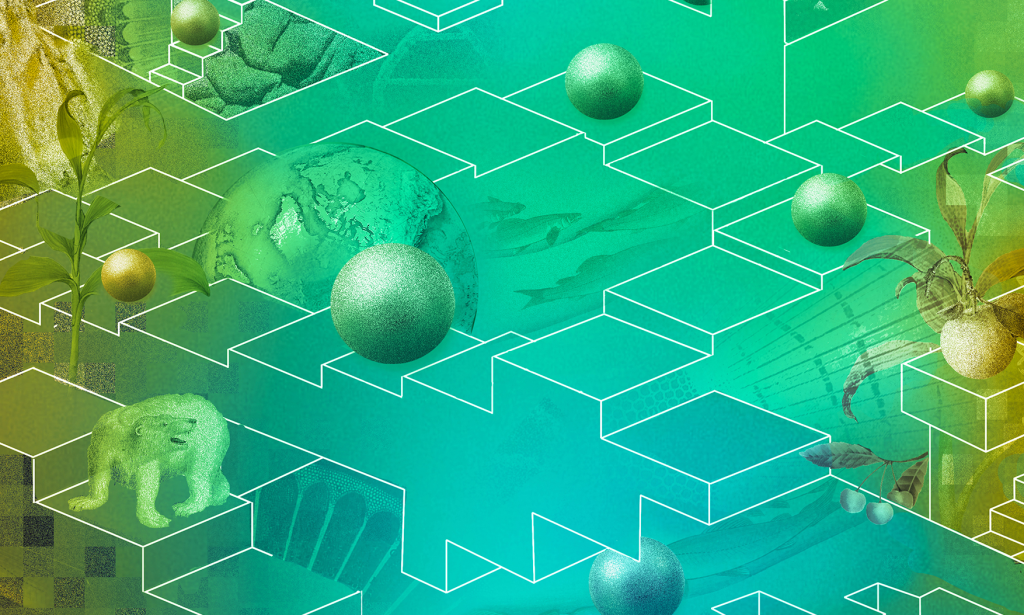
EMBL’s upcoming Science & Society conference takes a deep dive into the ethical considerations surrounding the use of technology and organoids in life science research.
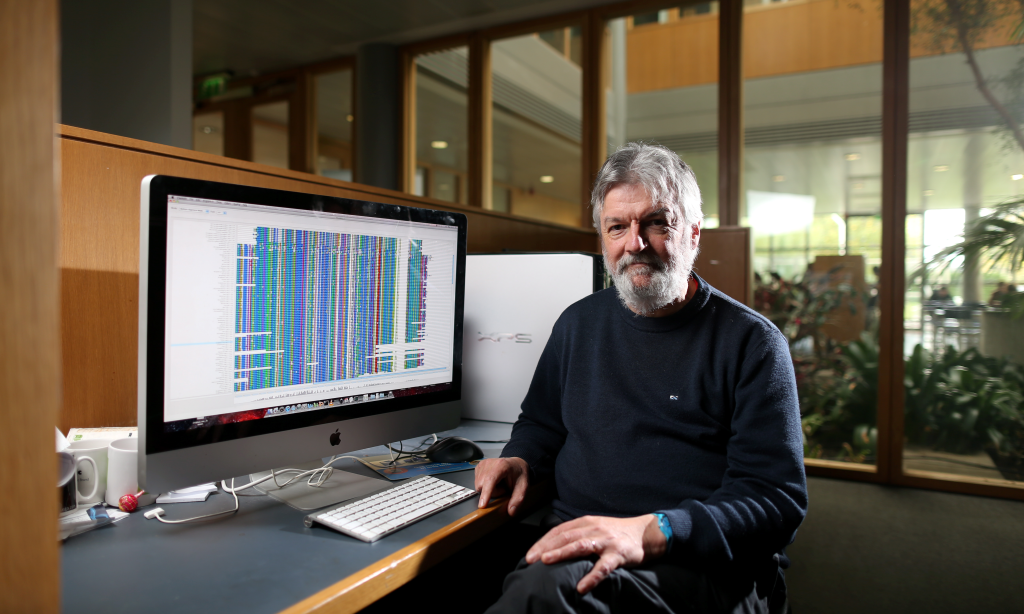
Desmond Higgins, 2023 Lennart Philipson Award winner, discusses his time at EMBL and his research developing sequence alignment tools.
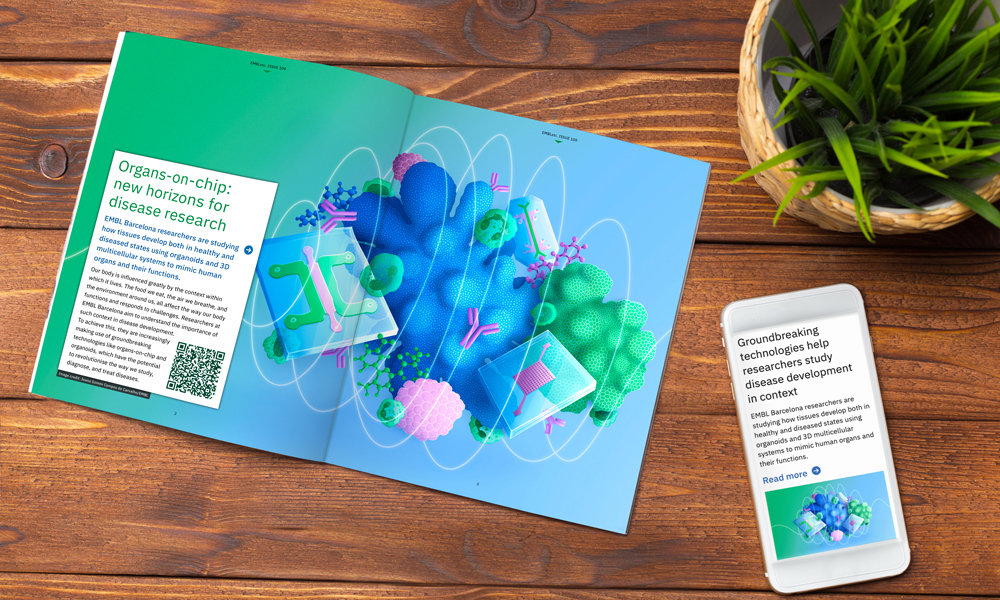
Click here to download a quick overview of all the articles included in this digital issue of EMBLetc.